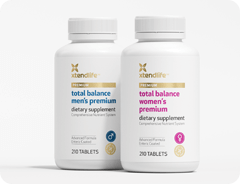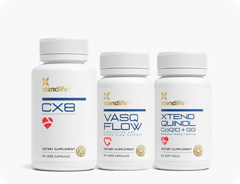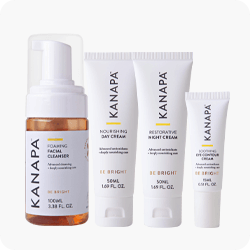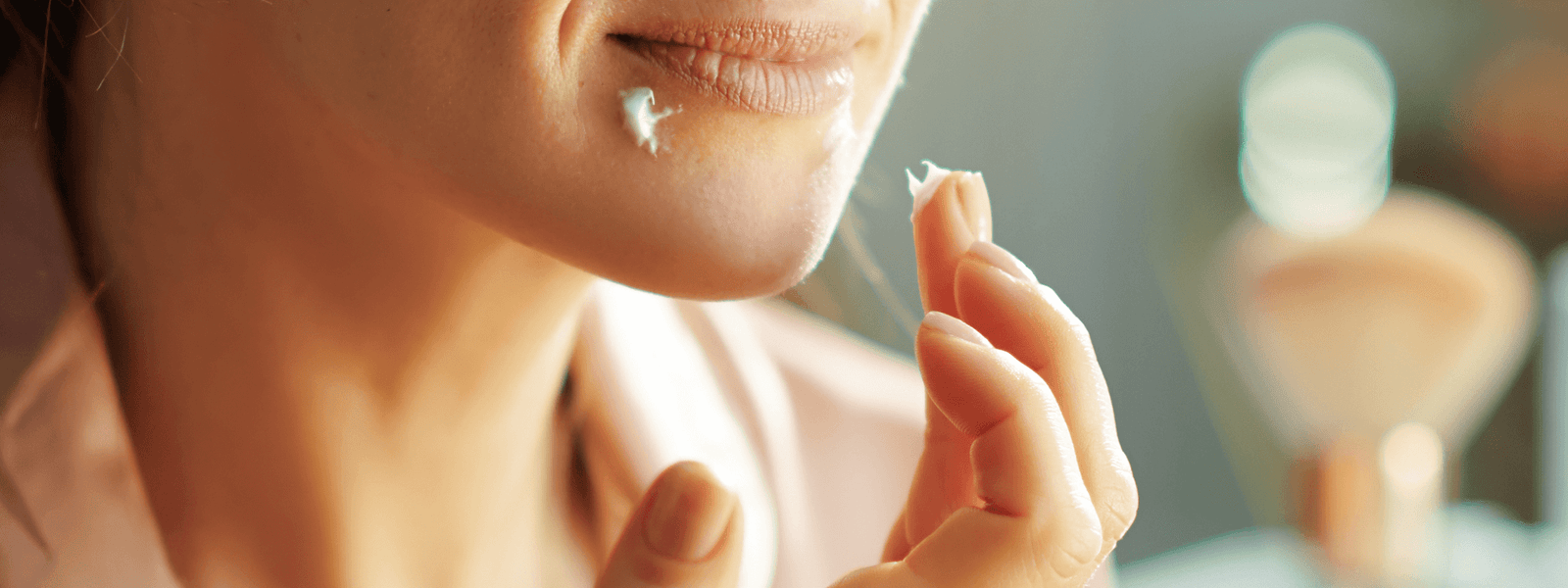Aching joints, headaches, itchy eyes and a sore, red nose: colds can leave you feeling pretty miserable. The flu can be much more serious, with thousands of people hospitalised due to the virus each year.
Fortunately, there is plenty we can do to boost our immune function and keep those winter colds and flus at a bay. Nature has given us a veritable arsenal of herbs and nutrients to keep our immune system strong and stay fit and well all winter.
Boost Your Immunity With These 8 Ingredients:
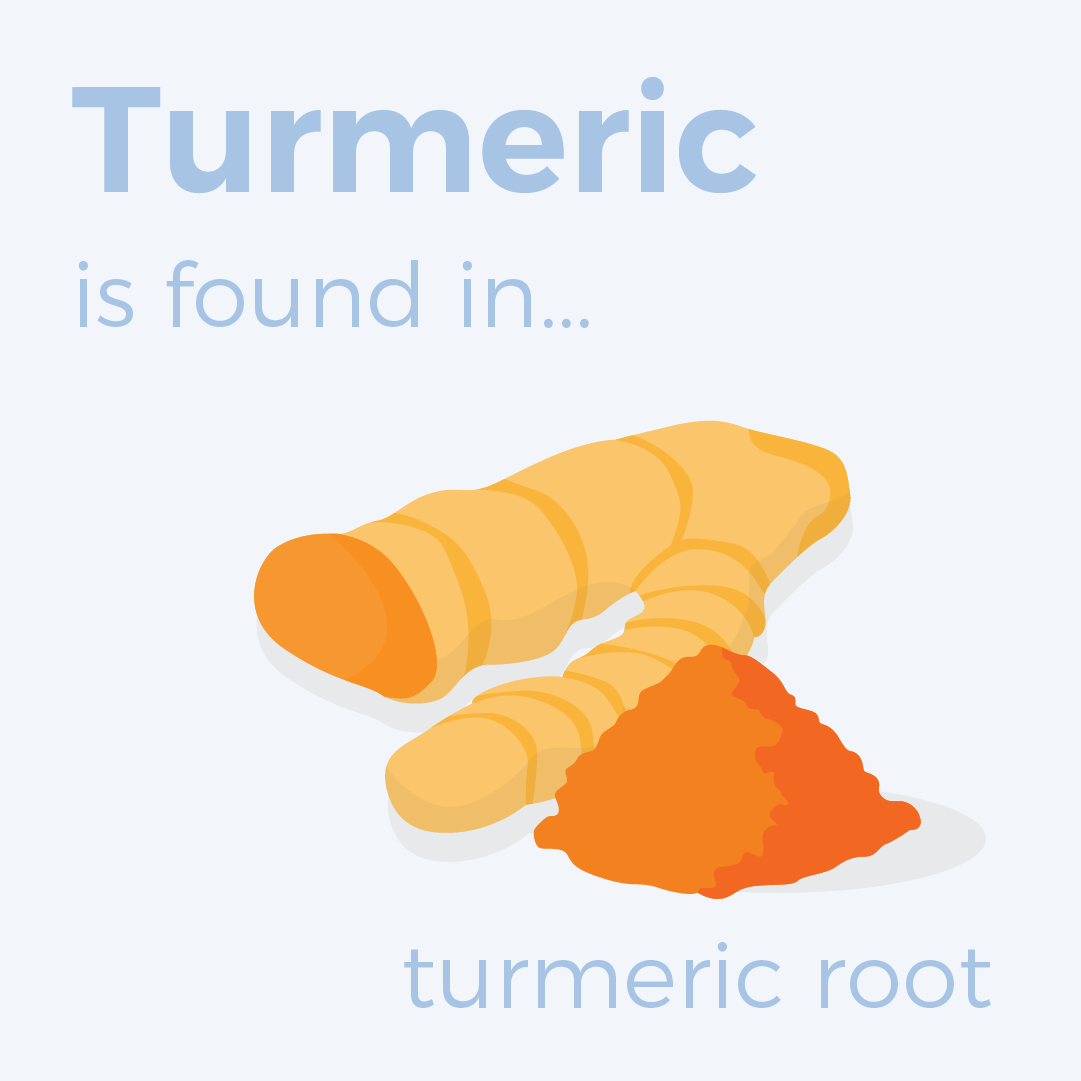
Turmeric is the wonder nutrient that supports every body system. Indian and Asian cultures have recognized the powerful health benefits of this rhizome for thousands of years [1].
Benefits: The active ingredient in turmeric is curcumin, a powerful antioxidant that protects cells from free radical damage (it may even have a role in fighting cancer), keeps the skin soft and youthful, and reduces pain and inflammation. Its anti-inflammatory and antioxidant properties also help build the immune system and fight colds and flu.
Top Tip: A comforting drink of turmeric, ginger, and warm milk is often used in traditional Ayurvedic medicine for colds and flu.
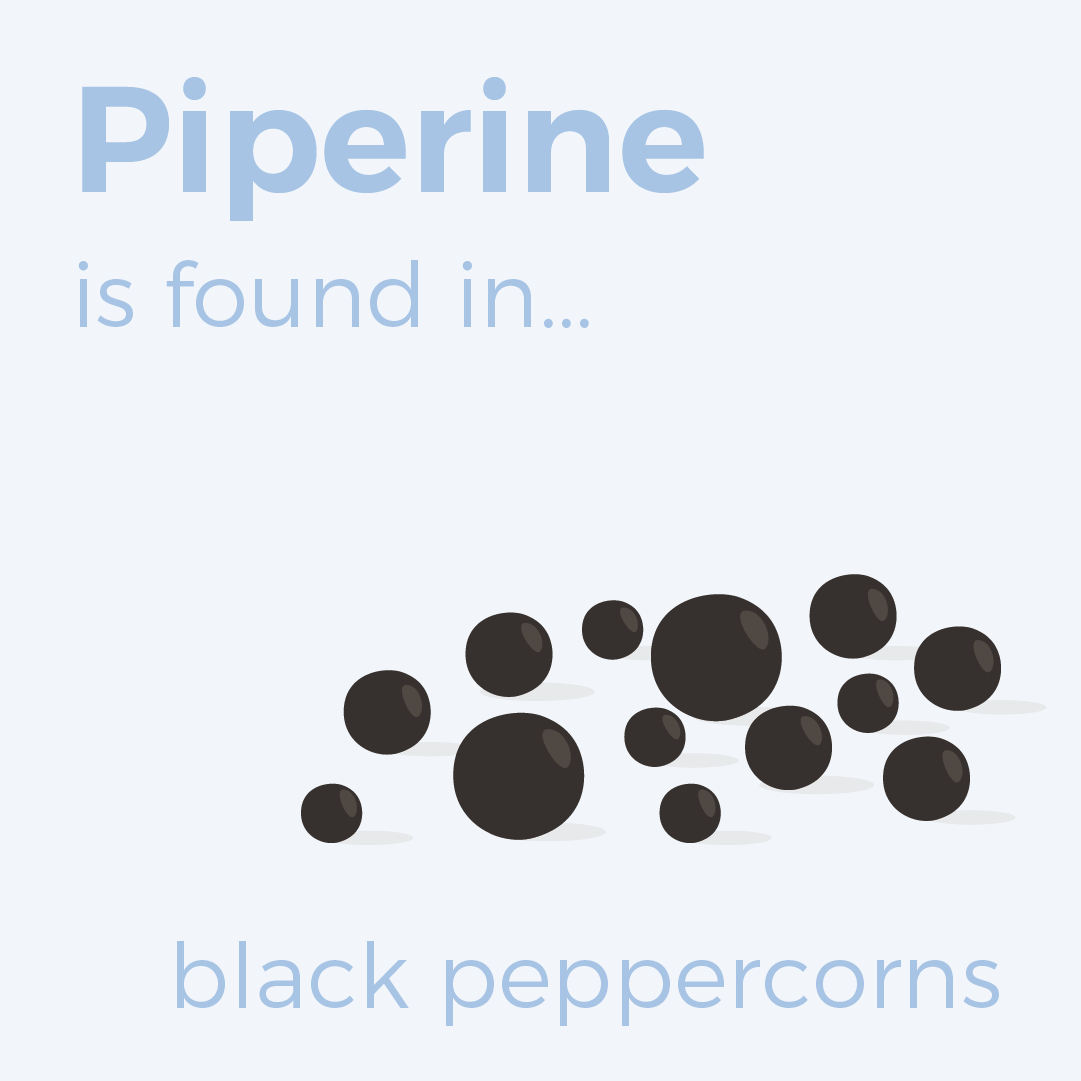
Science has demonstrated that turmeric and black pepper do, in fact, work hand in hand. A problem with curcumin, the active ingredient in turmeric, is its low levels of bio-availability. Taking turmeric with black pepper helps the body absorb and utilize these powerful antioxidant and anti-inflammatory properties [2].
Benefits: Pepper has its own important health-giving properties too. Piperine, the active compound in pepper which gives it its pungent flavor, seems to boost immune function, and may even have the ability to destroy bacteria and cancer cells [3].
Top Tip: A good grind of pepper on your salads each day may help keep those winter colds at bay.

Bilberry is a low-growing shrub closely related to blueberries, where its fruits have been used in traditional medicine for a variety of purposes.
Benefits: Bilberry has a rich concentration of anthocyanins – polyphenols which give the berries their characteristic blue/black color and have powerful antioxidant properties. Anthocyanins boost the production of rhodopsin, a pigment that improves night vision and helps the eye adapt to light changes. These antioxidants also help build strong blood vessels and improve circulation, improve blood sugar balance, and even boost immunity. Bilberry’s anti-microbial properties [4] mean it may be beneficial in fighting the viruses associated with colds and flu.
Fun Fact: During World War II, British fighter pilots reportedly ate bilberry jam to improve their nighttime vision [5].
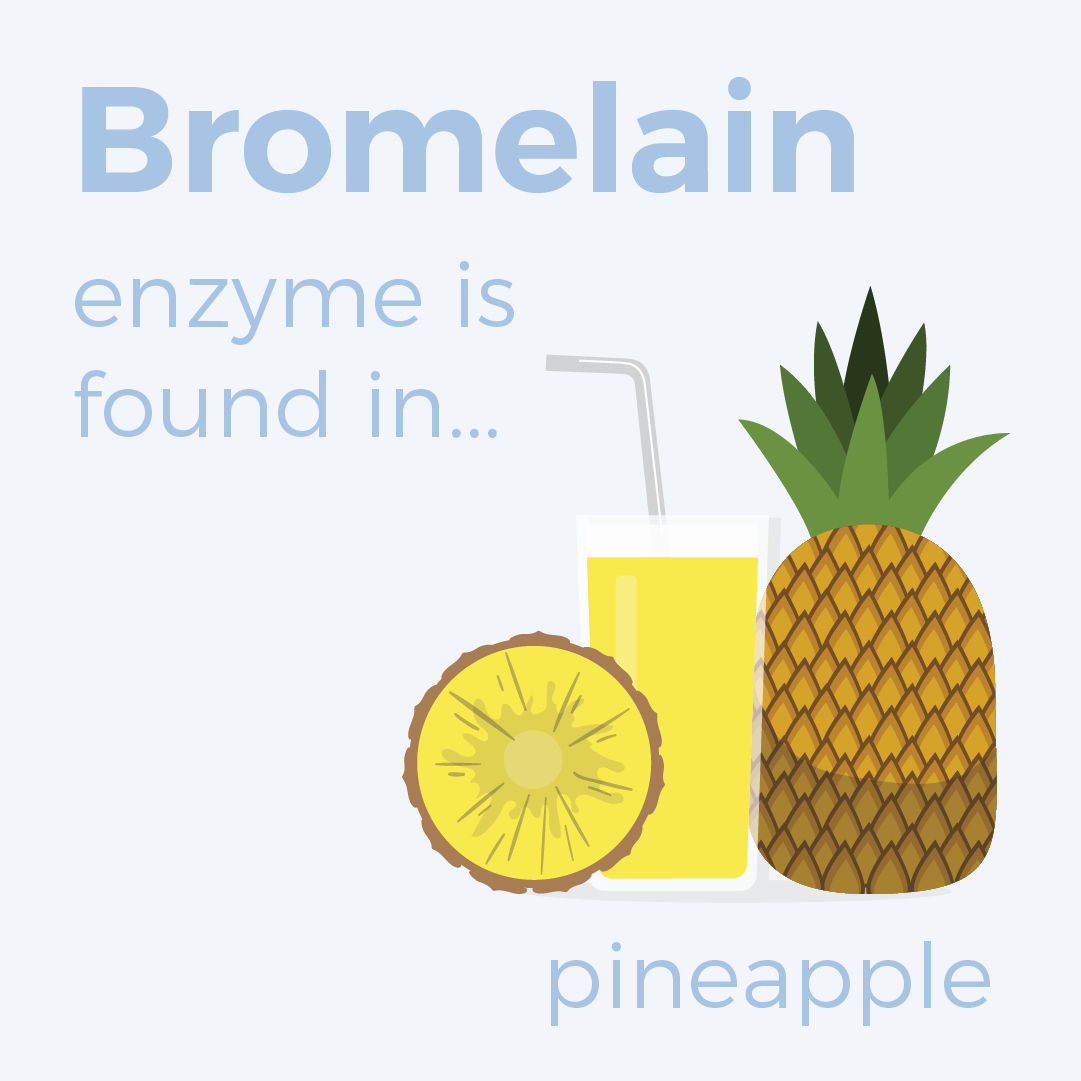
Pineapple is high in the bioflavonoid bromelain, which works in two ways to help fight colds and flu.
Benefits: A proteolytic enzyme (an enzyme that breaks down proteins), bromelain helps break down mucus to keep airways clear and ease that nasty cough. It also boosts the function of our key immune cells, T, and B lymphocytes [6] which destroy pathogens and form our immunological memory (meaning when we reencounter the same bugs again, our body knows how to respond). It also enhances macrophages' function and natural killer cells (white blood cells that consume viruses, bacteria and diseased cells) [7].
Top Tip: Did your mum ever give you pineapple juice when you were ill as a child? It turns out she was on to something.
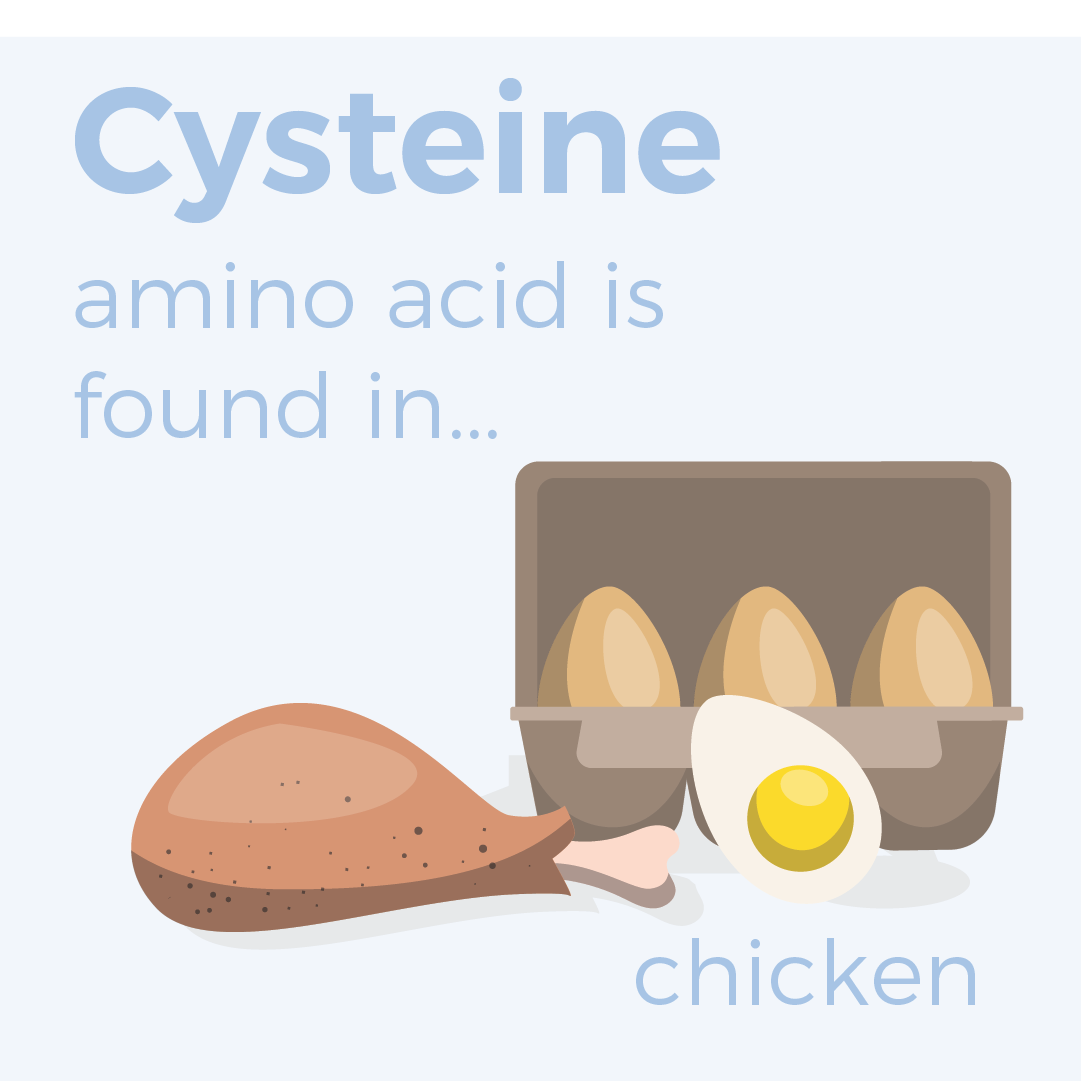
Chicken is rich in the amino acid cysteine, which the body converts into glutathione peroxidase.
Benefits: Glutathione peroxidase is a powerful antioxidant that helps fight free radicals and protect our cells from damage [8], but it also boasts powerful immune-boosting benefits [9]. The supplemental form of cysteine is N-Acetyl-L-Cysteine (NAC). NAC also helps break down mucus, clearing airways, and easing the characteristic symptoms of colds. An Italian study showed that NAC even helped ease flu symptoms[10].
Top Tip: Not just an old wives tale, chicken soup really does help cure (and prevent!) the common cold.

Olive leaf is the leaf of the olive tree (Olea europaea). Oleuropein is the active polyphenol found in olives that give the plant its health-promoting properties, but olive leaves actually have much higher Oleuropein levels than the fruit.
Benefits: Their high Oleuropein content gives the leaves potent antimicrobial, antioxidant, antiviral, and anti-inflammatory properties. They have been used in traditional medicine for centuries to treat acute illnesses and boost the immune system [11]. Olive leaf may also inhibit the growth of viruses, bacteria, yeast, and parasites – helping nip those annoying colds and flu in the bud.
Fun Fact:Olives are actually healthy fruits—they are a distant cousin of the peach.
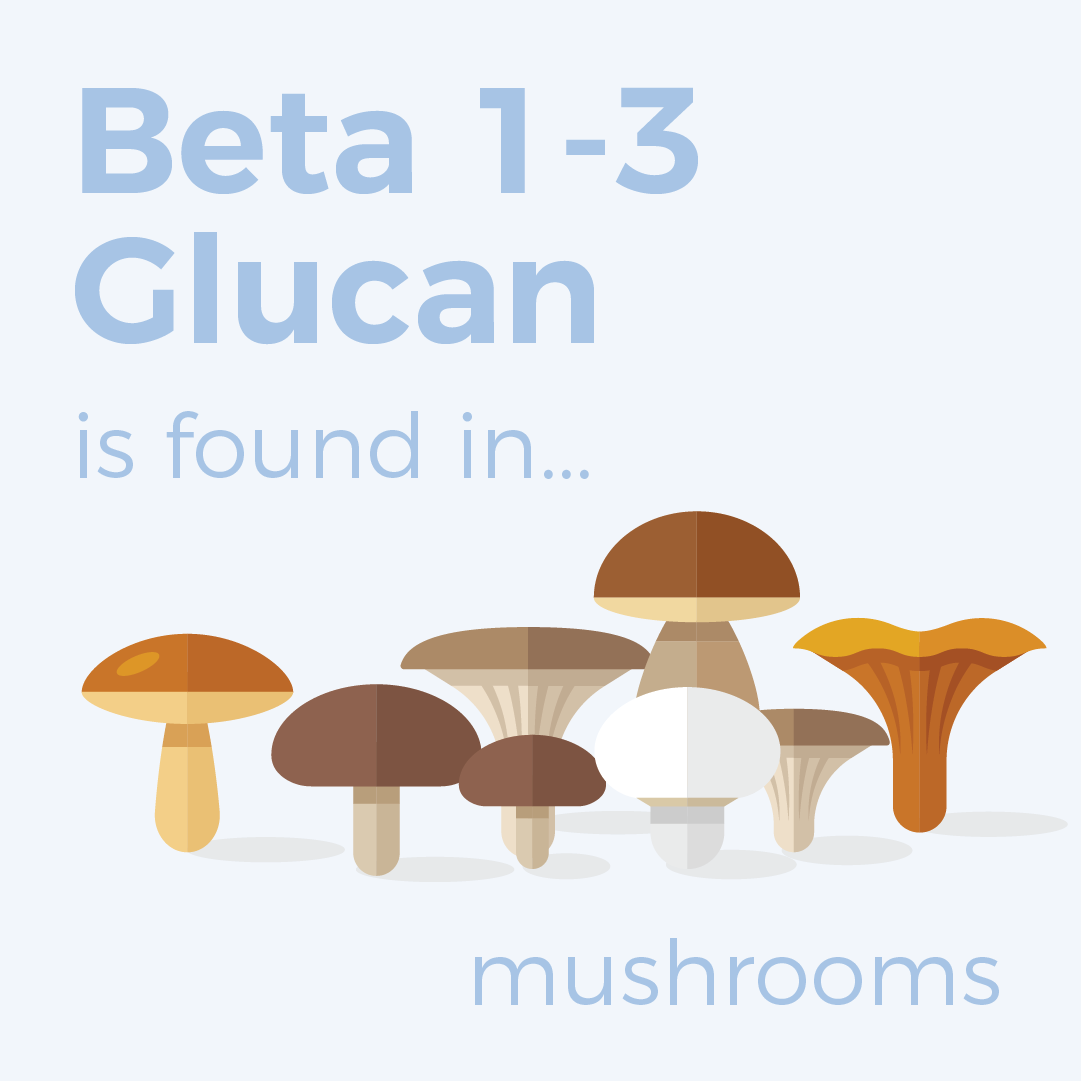
Mushrooms have been used in Traditional Chinese Medicine for centuries for their healing and immunostimulating properties.
Benefits: As well as being rich in B vitamins and minerals, shiitake (and other wild mushrooms) are very high in a family of polysaccharides known as beta-glucans. Found in the cell walls of bacteria, fungi, yeasts, and algae, beta-glucans support immunity by enhancing macrophages' function and natural killer cells. So potent is beta-glucan’s immune-boosting strength that it may even help to fight cancer [12].
Tip Top: Fan of shiitake mushrooms? You are on to a good thing, so add dried or fresh shiitake mushrooms to your stir-fries, soups, stews, and other dishes.
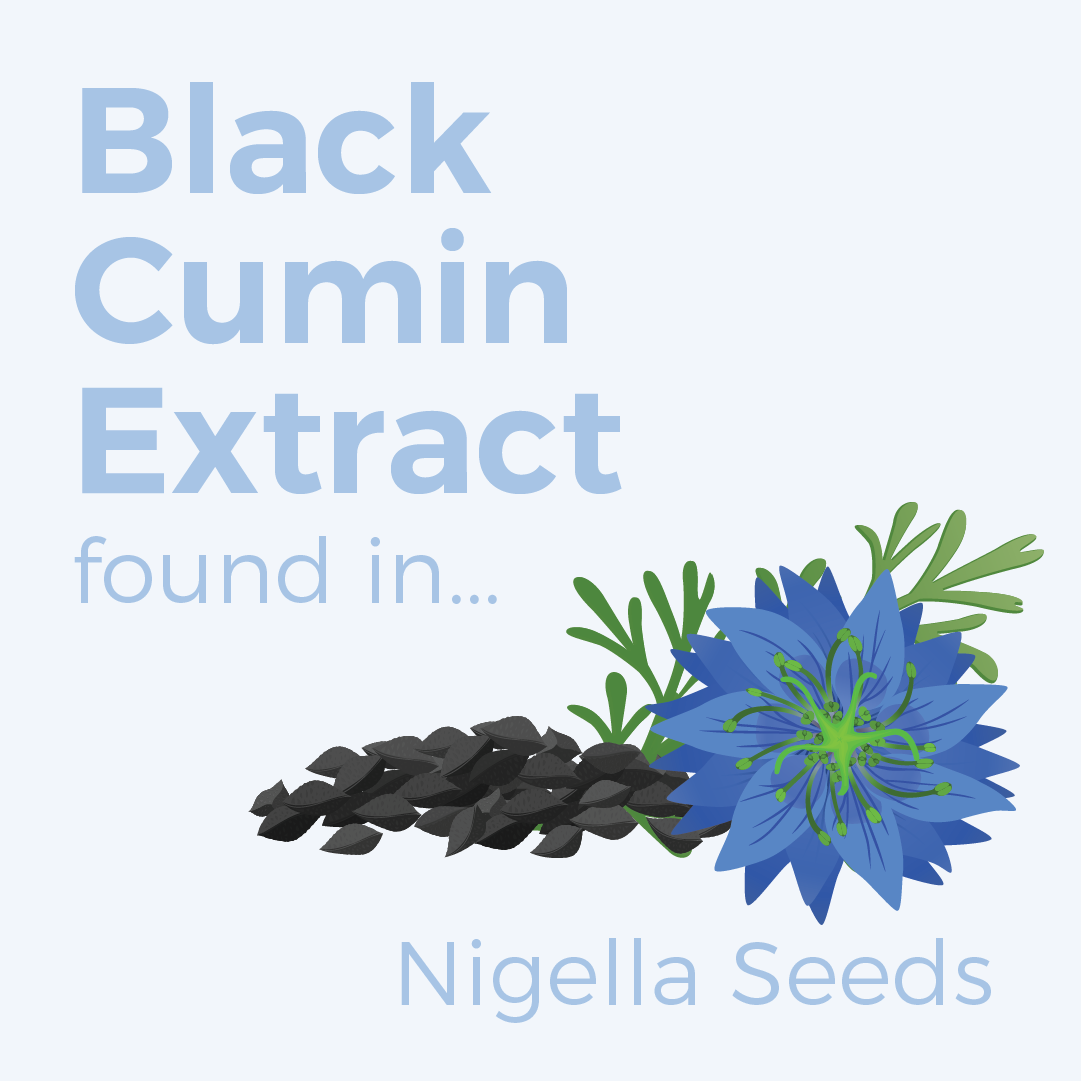
One of the oldest known spices, nigella seeds (black cumin extract) has been used in traditional medicine for thousands of years.
Benefits: It is the oil in the seeds that have the therapeutic benefit, and studies have shown it may have antibacterial properties [13]. The active ingredient thymoquinone (TQ) extracted from its seeds and oils may be beneficial against certain forms of cancer, diabetes, asthma, cardiovascular disease [14]. With these powerful immune boosting benefits, black cumin extract is a potent ingredient in our winter-wellness prescription.
Top Tip: Not commonly used in cooking, the easiest way to consume black cumin extract is as a supplement.
Everything You Need for Optimal Health & Wellness
A healthy diet is key to improving immunity, boosting your overall health, and protecting your body from free-radical damage, aging, and inflammation. However, it is important to provide your body with extra support. Xtendlife Total Balance is a standardized, research-proven formulation that provides a constant range of active ingredients, as well as containing the full spectrum of co-actives. Compared to food nutrients that are not standardized (resulting in unknown or uncertain results), Total Balance combines all of the above powerful nutrients in one convenient supplement – helping supercharge your immune system.
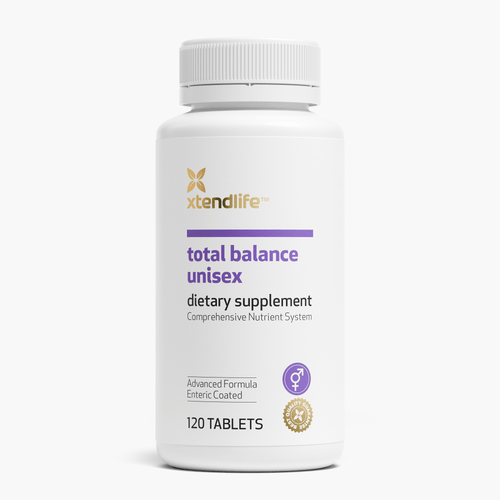
References:
[1] Prasad, S. and Aggarwal, B. Turmeric, the Golden Spice.NCBI Bookshelf
[2] Shoba G, Joy D, Joseph T, Majeed M, Rajendran R, Srinivas PS. Influence of piperine on the pharmacokinetics of curcumin in animals and human volunteers. Planta Med. 1998 May;64(4):353-6.
[3] Liu Y, Yadev VR, Aggarwal BB and Nair MG. Inhibitory effects of black pepper (Piper nigrum) extracts and compounds on human tumor cell proliferation, cyclooxygenase enzymes, lipid peroxidation and nuclear transcription factor-kappa-B, Nat Prod Commun. 2010 Aug;5(8):1253-7.
[4] Wing-kwan C., Cheung, S., Lau, R. and Benzie, I. Bilberry (Vaccinium myrtillus). Herbal Medicine, NCBI Bookshelf
[5] Ehrlich, S. Bilberry. University of Maryland Medical Center.
[6] Engwerda, C., Andrew, D., Ladhams, A. and Mynott, T. Bromelain modulates T and B cell immune responses in vitro and in vivo. Cellular Immunology 210, 66-75(2001).
[7] Engwerda , C., Andrew, D., Murphy, M. and. Mynott, T. Bromelain Activates Murine Macrophages and Natural Killer Cells in Vitro. Cellular Immunology 210, 5-10 (2001).
[8] Lopez, L. Natural Health: A New Zealand A to Z Guide.David Bateman, Auckland. 2002 (32)
[9] Arranz L, Fernández C, Rodríguez A, Ribera JM, and De la Fuente M. The glutathione precursor N-acetylcysteine improves immune function in postmenopausal women. Free Radic Biol Med. 2008 Nov 1;45(9):1252-62.
[10] De Flora S, Grassi C, Carati L. Attenuation of influenza-like symptomatology and improvement of cell-mediated immunity with long-term N-acetylcysteine treatment. European Respiratory Journal. 1997, July. Institute of Hygiene and Preventive Medicine, University of Genoa, Italy.
[11] Omar, S., Oleuropein in Olive and its Pharmacological Effects. Sci Pharm. 2010 Apr-Jun; 78(2): 133–154. Published online 2010 Apr 23.
[12] Akramiene D, Kondrotas A, Didziapetriene J, Kevelaitis E. Effects of beta-glucans on the immune system.Medicina (Kaunas). 2007;43(8):597-606.
[13] El-Kamali H., Ahmed A., and Mohammed A. Antibacterial properties of essential oils from Nigella sativa seeds, Cymbopogon citratus leaves and Pulicaria undulata aerial parts. Fitoterapia 1998. 69:77–78.
[14] Asaduzzaman Khan, M. Chen, H., Mousumi, T. and Zhang, D. Anticancer activities of Nigella Sativa (Black Cumin). African Journal of Complementary and Alternative Medicine, 2011 8(5 Suppl):226-232


 Supplements
Supplements Bundles
Bundles